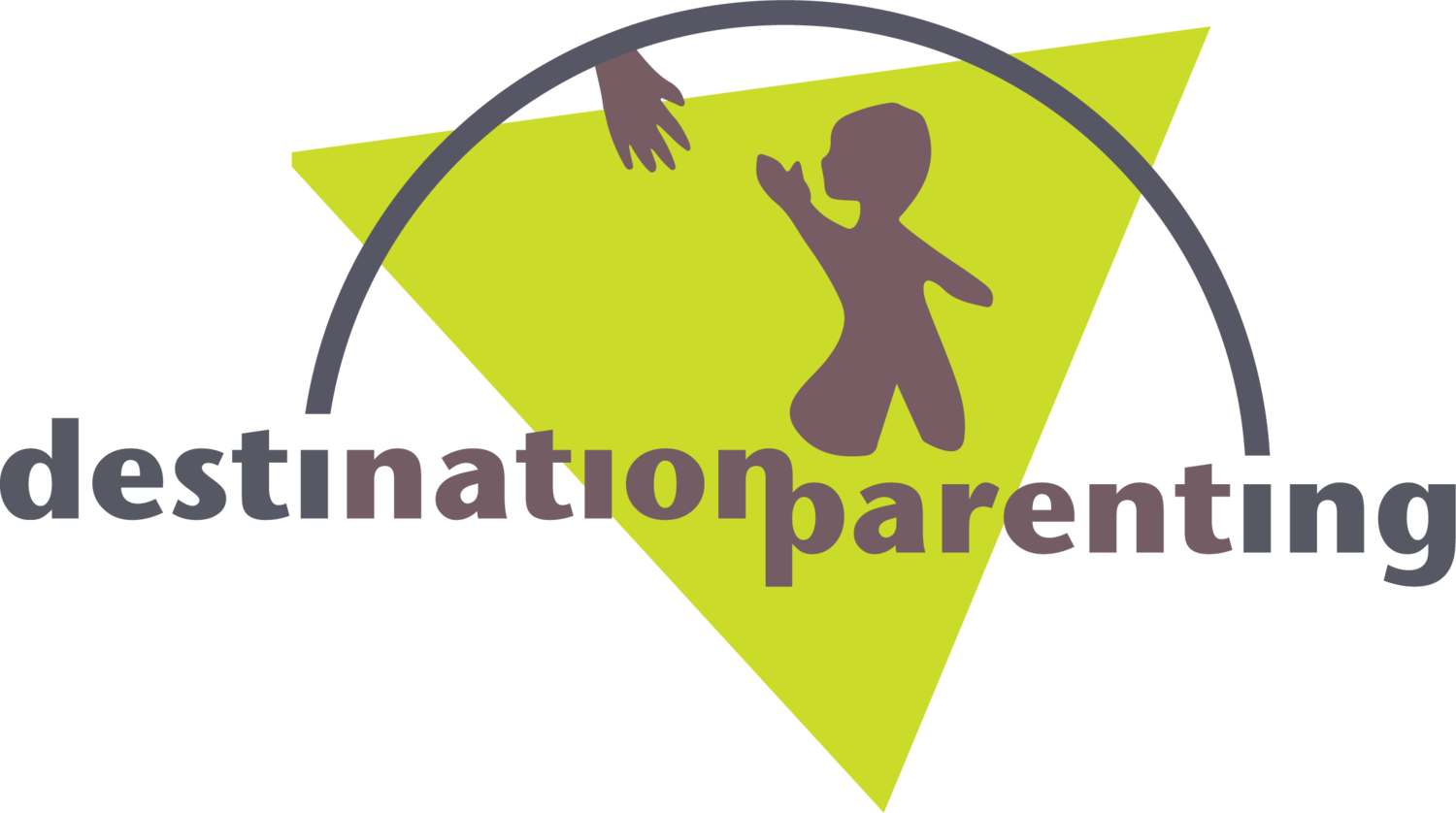Perfection and Parenting Don’t Mix
Are you a perfect parent? Don’t feel bad, neither am I. Yet somehow our culture has become obsessed with the illusion that if we just read enough, think enough, and do enough, all parenting mistakes can be avoided. Nothing could be further from the truth, for one basic reason: parenting is not a solo act. To complicate things even further, the object(s) of our parenting cannot even talk to us for the first year or so and don’t think “like us” for the first dozen years. No wonder it’s impossible to get it all right!
Where does this pressure come from? Experts who study parent-child relationships have coined a number of terms over the years: “good enough parenting”, “goodness of fit” and “attachment parenting” among them. Yet researchers understand how complicated the parenting years are, and how the sands are always shifting. They use complex statistical models to account for the influence of one parent or two. They recognize that ethnicity, age of the parent, employment status, size of the family, the child’s temperament and lots of other variables play a role in how successfully we navigate parenting. So, this pressure for perfect parenting doesn’t come from them.
Sources of anxiety
Some of the blame rests with our media-saturated, instant-gratification society. Newspapers and magazines take in-depth studies and break them down into simple tables, milestone charts and attention-grabbing headlines. The problem is that such tactics ignore how each parent-child relationship is a one-of-a-kind affair. So the headline may read Child care causes aggression in preschoolers, but if you talked to anyone who knew the details of the study, they would give your more helpful information, like the fact that the children reported to be more aggressive were in childcare more than 30 hours a week, and that the vast majority (83%) of kids in child care were not more aggressive than their peers. Oh, and the higher quality childcare centers reported fewer problem behaviors. All of these facts are important for parents to know so they can make more informed decisions. But the headline is what people remember.
We parents also need to take some responsibility for this “perfect parenting” image. We look for easy answers, especially when we’re overwhelmed, but deep down most of us know parenting really doesn’t lend itself to simple solutions. It’s kind of like reducing the Bible down to the Ten Commandments, or only highlighting amendments to the Constitution and ignoring the rest. So much of the pressure parents feel these days is self-imposed and totally counterproductive. When we do use logic instead of emotions, do we really think that our children’s entry into a Brand Name program by age 2 is going to make or break them as adults? Do they really care whether they have the “best” stroller or sippy cup on the market? Of course not.
What they do care about is how we treat them, not what they have. Hundreds of studies show that parental sensitivity to the child’s needs is one of the most important predictors of how kids turn out. This translates into: listening carefully, paying attention to your child’s words and behaviors, responding consistently to them, and being emotionally available. Nothing in there means being perfect.
In contrast, if we communicate that there’s only one way to do things, or hover over their every movement to prevent them from falling or expect perfection from the world, what message are we sending? Personally, I’d prefer my kids to know that life is far from perfect, and much of it is beyond their control. But now matter what kind of unexpected event happens, their parents are a safe haven where they can talk about issues, recover from any problems and move forward.
Learning from mistakes
Indeed the world of parenting research backs up my own perspective that missteps are not only expectable, but also helpful to kids. (This also makes me feel better during my less-than-perfect parenting moments.) Children should see that people and relationships have rocky moments, but as long as the foundation is solid, the day-to-day tussles we get into are minor distractions. Let me give you an example from my life. My 11-year-old son asked if he could use me as an example of a “black box” for a homework assignment. Curious, I asked him why I fit into that category. His response: “Well sometimes you’re so nice and funny,” he explained with a sly grin, “but other times you just erupt like a volcano.” Ever the diplomat, he added, “but usually you’re fine.” Fair enough.
Over the years, I’ve encouraged my kids to think about how much we learn from the unexpected and that nobody is perfect. One of their favorite phrases when they were younger was “Even mommies make mistakes.” They were a little too gleeful when they’d trot that phrase out sometimes, but I’d tell myself it was better to be humble than right. So, here’s to being a “good enough” parent!
*********************************
Maureen O’Brien, PhD is a developmental psychologist and mother of twins who lives in Boston. She lectures and consults on child development and parenting issues and is the author of the parenting series, Watch Me Grow: I’m One-Two-Three.



